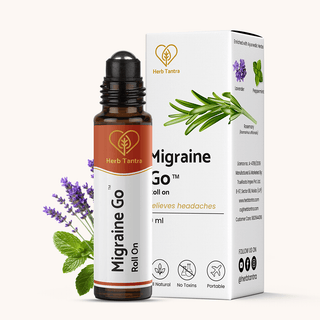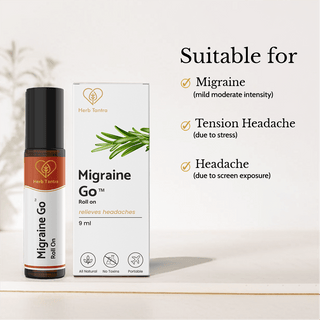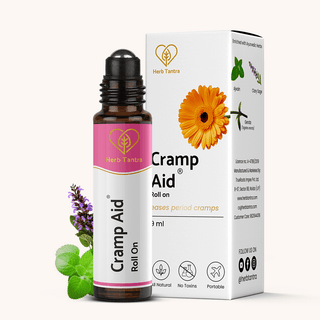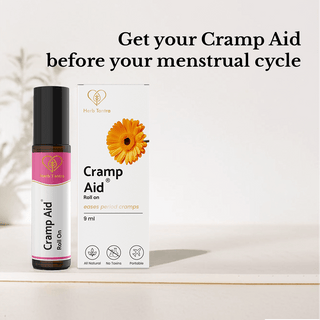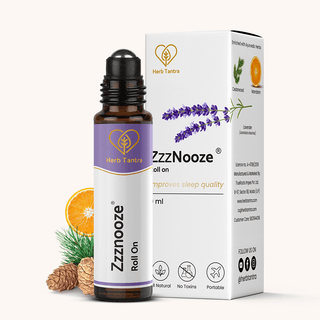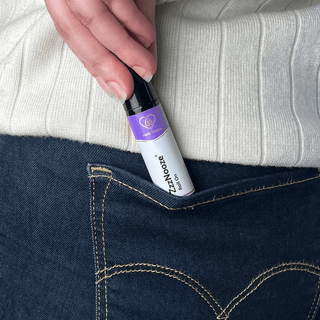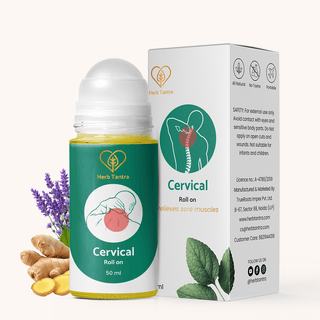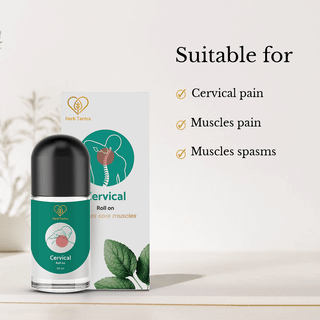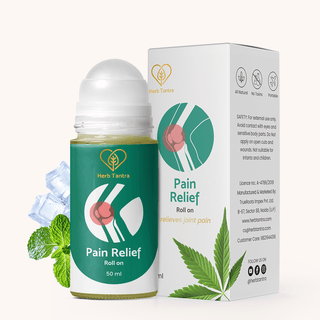Introduction
Migraines can disrupt your day, making even simple tasks feel overwhelming. Many people are now turning to lifestyle changes as a way to prevent migraines naturally. The article will get you through several healthy habits and adjustments that can help reduce the frequency and intensity of migraines. With practical tips and real-life advice, you can begin to take control of your migraine triggers and enjoy fewer headache days.
The Impact of Migraines on Daily Life
Migraines are more than just intense headaches. They affect your energy, ability to focus, and overall quality of life. When a migraine hits, you might experience throbbing pain, nausea, sensitivity to light, and even dizziness.
-
Neurovascular Changes: Fluctuations in blood vessel diameter in the brain and changes in neurotransmitter levels (e.g., serotonin) can spark migraine pain.
-
Hormonal Fluctuations: Hormone imbalances, especially in women during menstrual cycles, often play a role in triggering migraines.
-
Stress and Cortisol Levels: High stress increases cortisol production, which can cause inflammation and worsen migraine symptoms.
-
Environmental Factors: Bright lights, strong smells, and loud noises can trigger migraines for some individuals.
-
Sleep Disruptions: Irregular sleep patterns may disturb the body’s internal clock, contributing to migraine attacks.
The Role of Lifestyle Changes in Migraine Prevention
Simple modifications in your daily routine can have a significant impact on reducing migraine frequency. Consistent healthy habits support overall well-being, which in turn helps your body manage stress and inflammation more effectively.
How Lifestyle Modifications Can Help Prevent Migraines
Small and sustainable monthly changes can reduce the cumulative effects of migraine triggers. Whether it’s managing stress, improving sleep, or adjusting your diet, lifestyle changes promote balance in your body—ultimately reducing migraine episodes.
The Importance of Healthy Habits for Migraine Management
-
Going to bed and waking up at the same time each day helps regulate your body’s clock.
-
Adequate water intake is essential for healthy blood flow and reducing migraine risks.
-
Meditation, yoga, and deep breathing exercises lower stress hormones.
-
Regular, balanced meals prevent sudden drops in blood sugar, a known migraine trigger.
-
Regular exercise improves circulation and decreases muscle tension.
-
Taking breaks from digital screens can reduce eye strain and prevent triggering a headache.
Dietary Adjustments for Natural Prevention
Your diet plays a crucial role in migraine prevention. Certain foods and overall eating patterns can either trigger or reduce symptoms. Adjusting your diet might be one of the most effective natural prevention methods.
Foods to Embrace: Nutrients That Help Prevent Migraines
Focusing on a balanced diet can have a profound impact on reducing migraine occurrences. Incorporate nutrient-rich foods like:
-
Leafy Greens (Spinach, Kale): Rich in magnesium, these greens help relax blood vessels and prevent cramping.
-
Fatty Fish (Salmon, Mackerel): These are high in omega-3 fatty acids, which decrease inflammation.
-
Nuts and Seeds: Almonds, walnuts, and flaxseeds boost vitamin E and essential minerals.
-
Fresh Fruits: Citrus fruits and berries provide antioxidants that can repair oxidative stress.
-
Whole Grains: Foods like brown rice and quinoa stabilize blood sugar levels, reducing stress on the body.
Eating these foods regularly creates a foundation for natural prevention that can help lower the chances of triggering a migraine.
Foods to Avoid: Common Triggers in Your Diet
|
Food Item |
Reason to Avoid |
|
Processed Meats |
High in preservatives that can trigger inflammation and headaches. |
|
Aged Cheeses |
Contains tyramine, which can cause blood vessel constriction. |
|
Chocolate |
May trigger migraines in sensitive individuals due to caffeine and tyramine. |
|
Caffeinated Beverages (in Excess) |
Can lead to rebound headaches when the effect wears off. |
|
Artificial Sweeteners |
Some, like aspartame, have been linked to migraine occurrence. |
In addition to avoiding these foods, reducing alcohol intake and quitting smoking are critical steps. Alcohol can dilate blood vessels and worsen migraines, while smoking introduces toxins that can provoke inflammation.
Recommended Types of Physical Activities
Regular physical activity is a cornerstone of a healthy lifestyle that can prevent migraines. Exercise improves blood circulation, reduces stress, and releases endorphins—our natural painkillers. Even moderate exercise routines can contribute significantly to natural prevention.
|
Activity |
Benefit for Migraine Prevention |
|
Yoga |
Reduces stress and tension while promoting deep relaxation. |
|
Walking |
Mild aerobic exercise that improves circulation without overexertion. |
|
Swimming |
Provides a low-impact workout that relaxes muscles and improves overall fitness. |
|
Pilates |
Strengthens core muscles and improves posture, reducing neck and shoulder tension. |
|
Aerobic Exercise |
Boosts cardiovascular health and releases endorphins. |
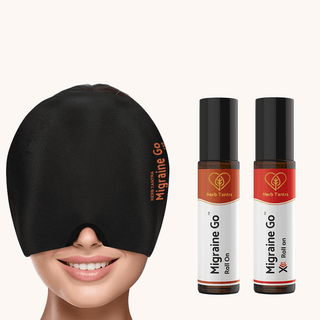
Explore Our Migraine Pain Relief Collection
The Link Between Sleep Quality and Migraine Attacks
Sleep quality is deeply connected with migraine frequency. Disrupted or insufficient sleep can trigger migraines by altering hormonal balance and neurotransmitter levels.
Tips for Improving Sleep Hygiene to Prevent Migraines
-
Maintain a Regular Sleep Schedule: Go to bed and wake up at the same time daily.
-
Limit Screen Exposure: Reduce blue light exposure from devices before bedtime.
-
Create a Relaxing Environment: Use blackout curtains, keep your bedroom cool, and eliminate noise.
-
Establish a Pre-Sleep Routine: Engage in calming activities such as reading or listening to soft music.
-
Avoid Caffeine Late in the Day: Limit caffeine intake in the afternoon and evening.
Conclusion
Adapting a lifestyle that emphasizes healthy habits, balanced nutrition, regular physical activity, and good sleep habits can have a profound impact on preventing migraines. Small, consistent changes in your daily routine support natural prevention and empower you to manage migraine triggers more effectively.
For an extra layer of natural relief, learn Herb Tantra’s plant-based solutions like Migraine Go Headache Roll-On, designed to provide quick and effective relief. Embrace the power of Ayurveda and modern science—choose natural, choose Herb Tantra.
Explore Our Migraine Pain Relief Collection
FAQs
Q1. What lifestyle changes can help prevent migraines?
Establish a consistent sleep schedule, manage stress through yoga or meditation, stay hydrated, maintain balanced meal times, and engage in regular physical activity.
Q2. How does sleep influence migraine frequency?
Quality sleep regulates hormones and reduces stress. Poor sleep disrupts your body’s balance, increasing the likelihood of migraines. A regular sleep routine helps reduce these episodes.
Q3. How can I prevent migraines naturally?
Natural prevention starts with a comprehensive approach: improve hydration, adjust your diet to avoid triggers, incorporate low-impact physical activities, and maintain healthy sleep habits.
Q4. What dietary adjustments help reduce migraine triggers?
Embrace nutrient-rich foods like leafy greens and fatty fish while avoiding processed meats, aged cheeses, and artificial sweeteners that can trigger migraines.
Q5. Can physical activity help prevent migraines?
Yes, gentle exercises like yoga, walking, and swimming improve circulation and reduce stress, playing an essential role in lowering the frequency of migraines.




